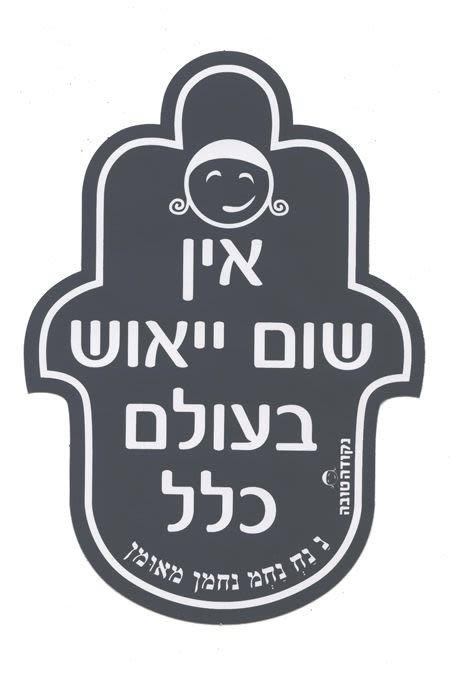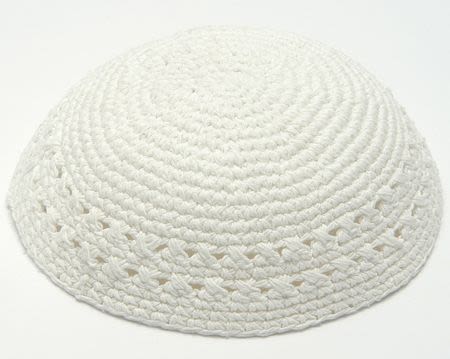
A Spiritual Revolt
Surie couldn’t take it any longer. She couldn’t watch her friends suffer because of her desire for a mitzvah. She wondered when the commandant would begin...

Mesirus nefesh. It’s a concept that, in our generation of instant gratification, is difficult to understand. I believe that today’s flourishing Torah communities are a direct outgrowth of the previous generation’s mesirut nefesh for Yiddishkeit. They chose life – eternal life — and raised generations of proud Torah Jews. Today, the choices are far more subtle, yet they, too, will have a profound influence on future generations.
Although the events in this story took place on Pesach, the concepts of the few against the many, and the purity of Torah versus the Hellenist philosophy embodied by the Nazis is in keeping with the spiritual message of Chanukah.
When Surie Minzer was wrenched away from her beloved family in Yowosna and taken to the Hannesdorf Slave Labor Camp in Czechoslovakia, she found herself on a different planet. In one cruel moment, she was torn away from everything dear to her and turned into a nameless slave, working for the good of the German war effort.
She was lucky, however — the Germans allowed her to bring along a few belongings: a siddur, a diary, some clothes. She also knew that she still had a family, and that they loved her dearly. Most important of all, she had inherited a strong and solid belief in Hashem. She knew that even in that hell on earth, He was with her, and that no matter happened, He never left her. That knowledge gave her the strength to survive.
Surie was the youngest of a large Chassidishe family. Some of her brothers and sisters were already married, and she adored them as as they adored her. Now, however, she could only dream of seeing them, and express her dreams twice a month in a carefully worded postcard.
As Pesach drew near, Surie wondered how she could survive eight days without her daily slice of bread. In carefully couched terms, she wrote to her father, who was interned in the Sasnowitz ghetto, asking how to obtain food that was not chametz.
Surie’s father wrote that her mitzvah was to survive, and if that meant that she would have to eat chametz, then it was a mitzvah to eat the chametz. In the present circumstances there was no other choice; she must do everything in her power to remain alive.
Surie, however, felt that she must do whatever she could to refrain from consuming chametz on Pesach. So everyday she smuggled a few turnips under her armpits into the factory where she worked and surreptitiously stuff them into the hallowed-out bottom of sewing machines – to be retrieved later, on Pesach.
Surie was secretly thrilled. Although outwardly she remained humbled and subservient, she was a rebel, in the midst of a spiritual revolt. No matter what the Nazis would do to tear her away from her heritage, she would defy them and remain a Yid, proud of her royal lineage. She would never surrender her internal dignity.
After several days of stuffing turnips into the machines, Surie arrived at the factory and immediately realized that something was wrong. The commandant was standing outside, holding a turnip in his hand. He was furious.
“Attention!” he screamed.
The girls jumped to attention, awaiting further orders.
“One of you stuffed turnips into the machines and ruined them. Who is trying to sabotage the German war effort?”
No one moved.
“You will remain at attention until the culprit admits her deed,” the commandant barked.
Still, no one moved.
One –- two -– three — four hours passed. The girls, with only rags to protect them from the elements, were shivering. Many were leaning on their friends for support.
Surie couldn’t take it any longer. She couldn’t watch her friends suffer because of her desire to keep a mitzvah. She wondered when the commandant would begin shooting innocent girls for her act of defiance.
She was just about to admit her deed when she heard another woman call out, “I did it. I stuffed the turnips into the machines.”
“Name?” the commandant barked.
“Laikie March*,” the woman calmly answered. She knew what to expect, and she was prepared.
“Barrack number?” the commandant continued.
“Seven hundred and forty-three.”
“Dismissed. Return to your barracks.”
The girls marched back to the camp. There would be no work that day. The machines were unusable. They assumed there would be an execution that evening.
Surie sidled up to Laikie. “Why did you admit to something you didn’t do?” she asked.
“But I did do it,” Laikie responded.
Unknown to each other, both girls had stuffed turnips into the sewing machines. Both girls had risked their lives for the sake of a mitzvah.
That night, the girls nervously awaited the expected announcement. They had no doubt that the Nazis would torture Laikie and kill her for her act of sabotage. They drank their muddy coffee and lay on their hard wooden boards, tensely waiting for the moment they would be forced out of bed and made to stand at attention in the appelplatz to watch their friend’s death.
But they slept through the night. The following morning, they drank another cup of muddy coffee and were marched back to the sewing factory. The machines had been repaired, and they were able to work again.
It was as if nothing had happened.
* * *
Both Surie and Laikie survived the war.
Surie later married her cousin and raised a beautiful Torah family. She has hundreds of descendents, who inherited their mother’s, grandmother’s and great-grandmother’s devotion to Yiddishkeit.
Laike March also survived the war and raised a beautiful Torah family. Her daughter married a prominent Chassidic Rebbe.
They chose to rebel — and won.
(*a pseudonym)
(More of Debbie Shapiro’s stories can be found in Bridging the Golden Gate)












Tell us what you think!
Thank you for your comment!
It will be published after approval by the Editor.